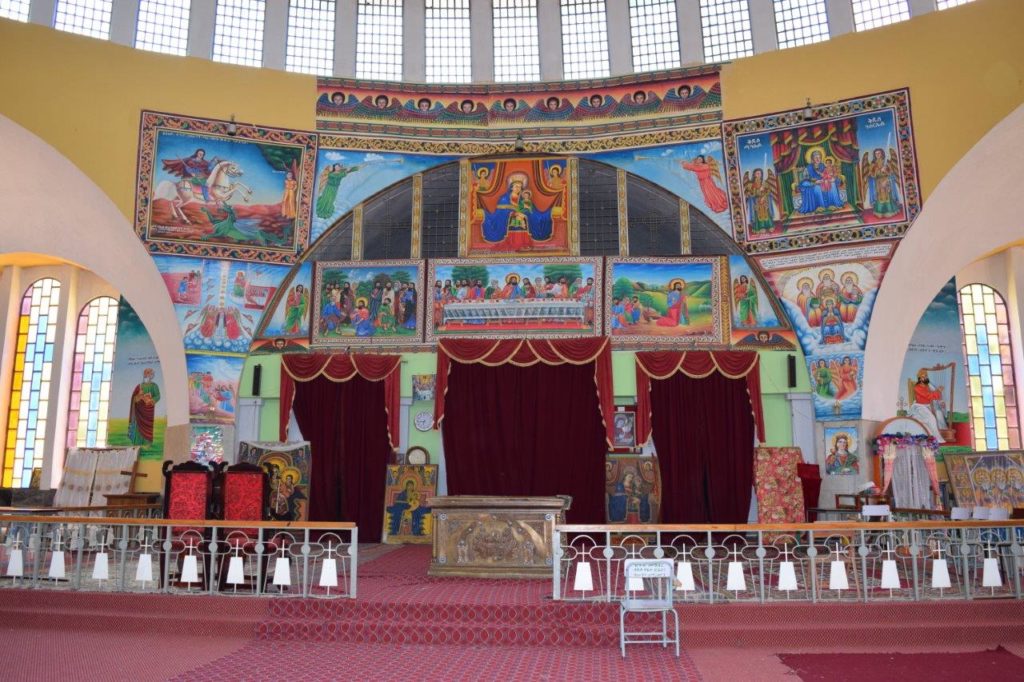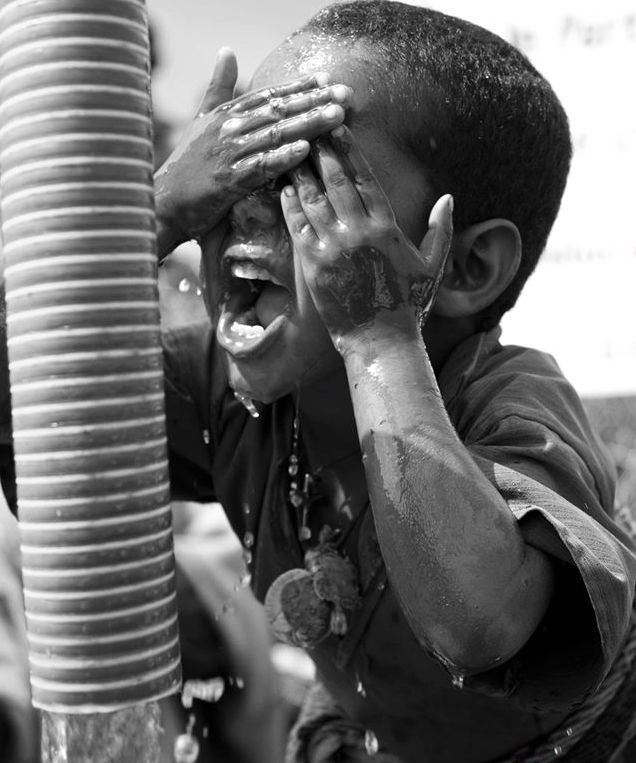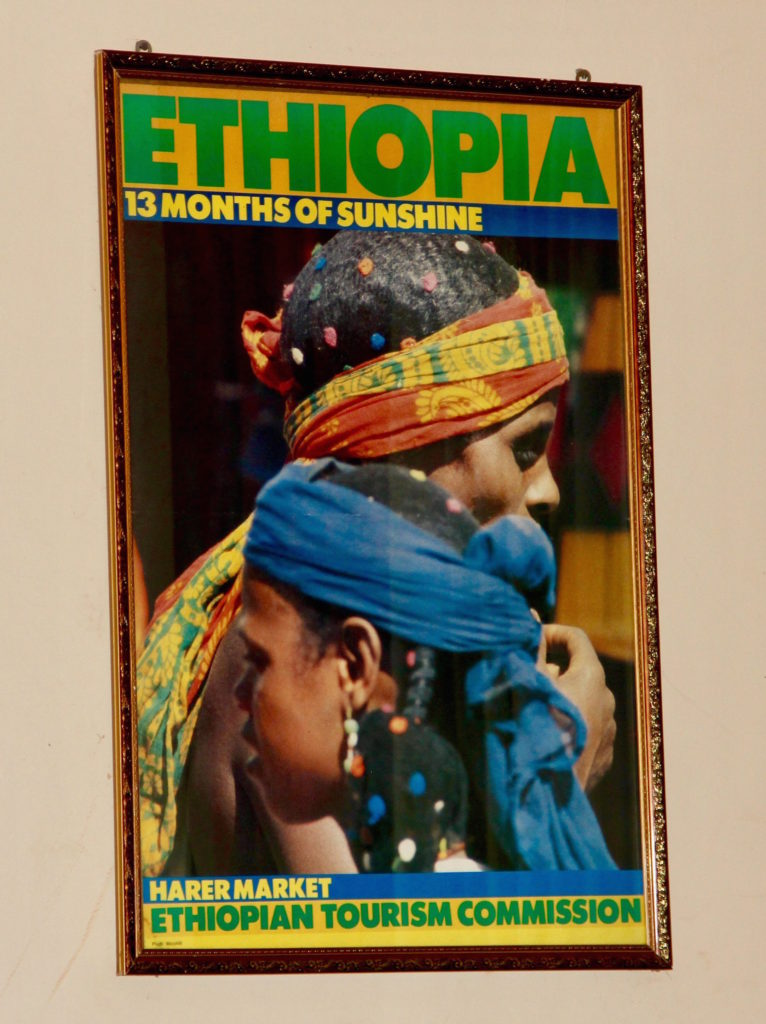
Today, as Good Friday ushers us into a weekend of togetherness and remembrance, we wanted to stop and take a moment to reflect. Often the commercial holiday of Easter casts a shadow over the true meaning of the holiday. We forget that Lent is a precursor, to remember how Jesus fasted for 40 days and 40 nights. Good Friday is to honor the day of the crucifixion when Jesus sacrificed himself for us. And Easter Sunday is not just the event, but rather the resolution, and the day we celebrate His resurrection when all was made whole again. What stands out for us during this time of remembrance, is the fact that the sacrifice of Jesus was for all. It was for everyone, and in a way binds us all together, reminding each of us that we are more similar than we are different.
Traveling to the remote villages in rural Ethiopia is a stark contrast to the luxury we enjoy here in the States. At first it can feel overwhelming and out of place. However, once you begin interacting with the people, it is a comforting reminder that while circumstances may divide us, humanity bonds us. The longest standing religion in Ethiopia is the Orthodox Church, and enjoying the community of shared faith in God is always an uplifting activity during our trips.
As we enter this weekend, we have our brothers and sisters on our mind. Because Ethiopia follows a different calendar (more fun blog posts to come on that soon!) they often celebrate Easter, or Fasika, weeks after we do. However, this year the Celebrations fall on the same day for both of our calendars, and we’re so excited to celebrate together. Culturally, the birth of Jesus (Christmas) tends to be the more focal holiday for us here in the States. In Ethiopia, while Christmas is celebrated, the larger annual celebration is Fasika. The Orthodox belief is that the Death and Resurrection of Jesus was the fulfillment of the word of God.
That’s definitely worth celebrating! To complete the fasting of Lent, Ethiopians attend church on Good Friday, and begin the preparations for the coming celebration, when the fast will be broken. Where we tend to celebrate the main event Sunday Morning, the main religious service in the Ethiopian Orthodox Church takes place on Saturday night. It is a somber, sacred service with music and dancing until the early hours of the morning. At 3:00 a.m. many return home to break their fast, and a chicken is slaughtered at midnight for the symbolic occasion. Later in the morning, after everyone has rested, a sheep is then slaughtered and the feasting and celebration of Easter Sunday begins.
This weekend, while you celebrate with your friends, family, and loved ones, take a moment and remember our Ethiopian brothers and sisters who are celebrating with us. While the distance between us may seem great, remember that there’s more that connects us, like the love of Jesus, than the geography that separates us.
From all of us at W2T, Happy Easter to our American friends, and Happy Fasika to our Ethiopian friends!



About The Author: Water to Thrive
More posts by Water to Thrive